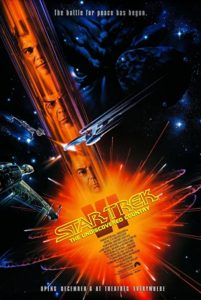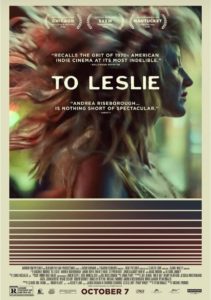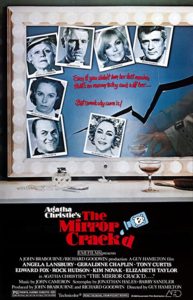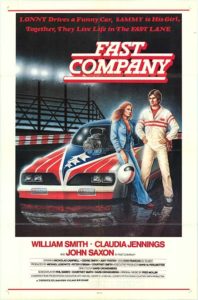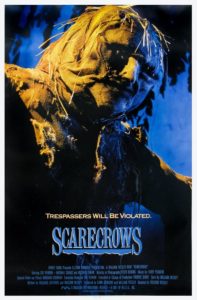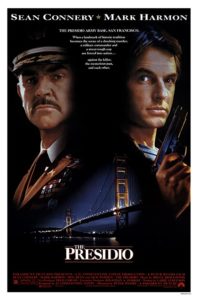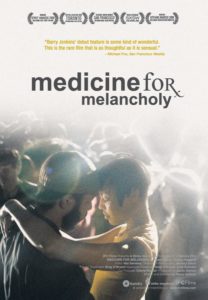I watched 5 movies last week:
- Operation Mincemeat is surprisingly tedious. It’s a fascinating story and well-stocked with talented actors, but it’s also desperately padded, even without the wholly invented characters and love triangle, even without the wink-wink of knowing what will happen to some of the real-life characters—like Ian Fleming, who for no good reason narrates a chunk of the film—after the fact. Maybe because we’ll never know the full extent of the operation’s success, but the resolution here seems awfully muddled.
- Real-life characters also play a significant role in The Pale Blue Eye, but I found myself enjoying that a whole lot more—maybe because Harry Melling is genuinely very good as the young Edgar Allan Poe. There are a number of good performances here, and while the plot twists might strain credulity by the end, this is a nice, winter-bound murder mystery.
- Beyond the Black Rainbow isn’t (always) uninteresting, but writer/director Panos Cosmatos would do a much better job of marrying plot and characters to his cosmological horror and aesthetic fixations in his second film, Mandy, almost a decade later. If this first film wasn’t almost two hours long, it might be easier to be forgiving of its faults, but it’s hard not think this wouldn’t have worked much better as a short film.
- It’s striking that Lady Macbeth was only Florence Pugh’s second feature film role, because it really is a star-making turn, a chilling and mesmerizing performance. Because of that performance, you deeply empathize with the character even when (spoiler) she does terrible things—which is good, because otherwise this could become nothing but a portrait of a woman punished for her desires and sexuality.
- John Wayne and Maureen O’Hara are often delightful together in The Quiet Man—which is good, because I’m not convinced their relationship is as endearing today as it might have seemed to a 1950s audience. There’s a lot to enjoy about the movie, down to the beautiful Technicolor of the Irish countryside, but times sure have changed.
I also re-watched The Lost Boys, which can’t help but feel like a very 1987 movie, but which mostly holds up as pretty good stylish fun.
